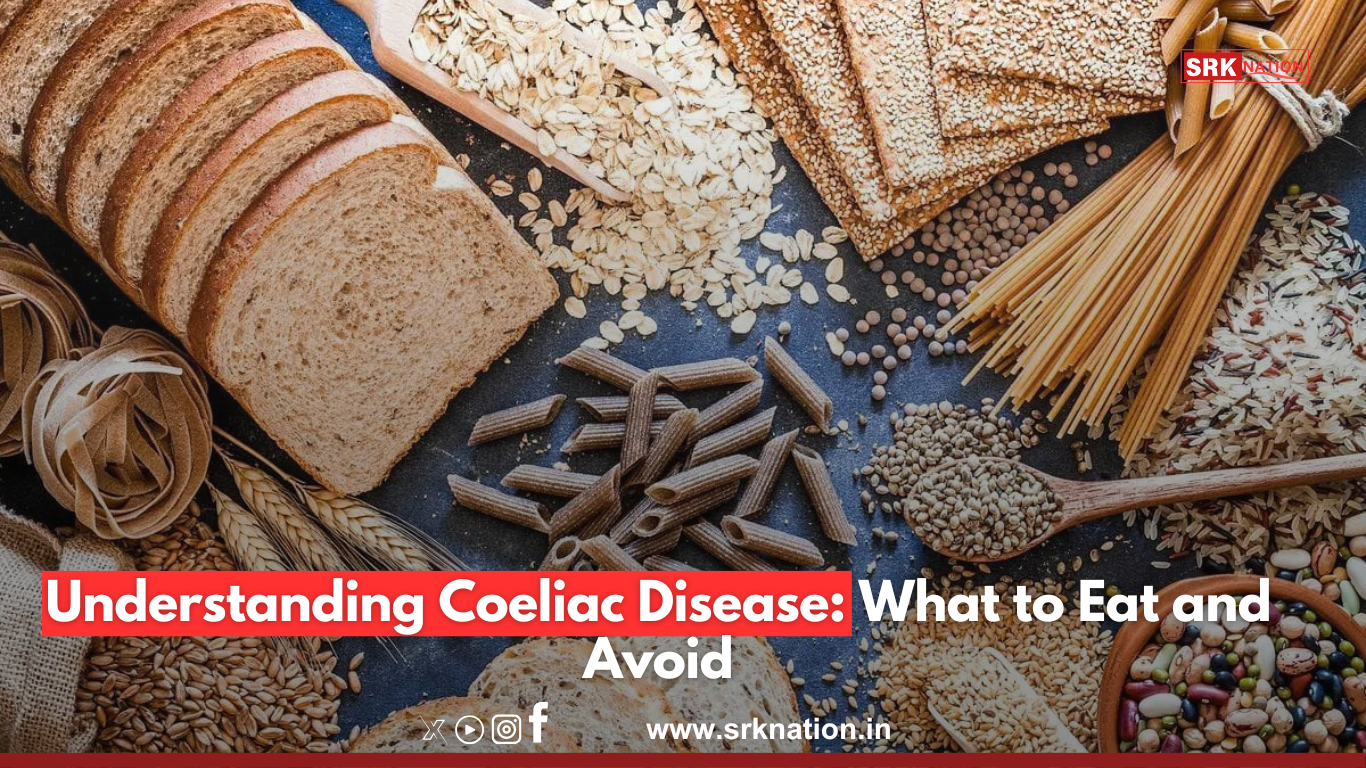Coeliac disease is a chronic autoimmune condition where the body’s immune system attacks its own tissues upon consuming gluten, a protein found in wheat, barley, and rye. This reaction damages the lining of the small intestine, impairing nutrient absorption and leading to symptoms such as abdominal pain, bloating, diarrhea, fatigue, and even long-term complications like osteoporosis and neurological disorders.
For individuals with coeliac disease, a strict gluten-free diet is the only effective treatment. Foods that are naturally gluten-free and safe to consume include fresh fruits, vegetables, meat, fish, eggs, rice, potatoes, and legumes. Gluten-free grains like quinoa, millet, and buckwheat are also excellent alternatives.
However, gluten is present in many common foods such as bread, pasta, cereals, and baked goods, as well as hidden in processed items like sauces, gravies, and soups. It’s essential for those with coeliac disease to carefully read food labels and avoid any products containing wheat, barley, rye, or their derivatives.
With proper dietary management and support, individuals with coeliac disease can lead healthy and fulfilling lives while minimizing the risk of complications. Consulting a healthcare provider or dietitian is recommended for personalized guidance.












I’m truly enjoying the design and layout of your
blog. It’s a very easy on the eyes which makes
it much more pleasant for me to come here and visit more often. Did you hire out a designer to create your theme?
Great work!
casino en ligne fiable
At this time I am ready to do my breakfast, once having my breakfast coming again to read additional news.
casino en ligne
It’s hard to find knowledgeable people for this subject, however, you seem
like you know what you’re talking about! Thanks
casino en ligne France
Woah! I’m really digging the template/theme of this blog.
It’s simple, yet effective. A lot of times it’s very hard to get that “perfect balance” between user friendliness and appearance.
I must say that you’ve done a great job with this. In addition, the blog loads extremely fast
for me on Firefox. Excellent Blog!
casino en ligne
Write more, thats all I have to say. Literally, it seems as though you relied on the video to make your point.
You obviously know what youre talking about, why throw away your intelligence on just posting videos to
your site when you could be giving us something enlightening to read?
casino en ligne
Hello would you mind sharing which blog platform you’re using?
I’m planning to start my own blog soon but I’m having a hard time choosing between BlogEngine/Wordpress/B2evolution and Drupal.
The reason I ask is because your layout seems different then most blogs
and I’m looking for something completely unique.
P.S Apologies for being off-topic but I had to ask!
casino en ligne fiable
Thanks to my father who told me concerning this website, this blog is really
amazing.
meilleur casino en ligne
Quality posts is the key to interest the viewers to
visit the web page, that’s what this website is providing.
casino en ligne
Stunning story there. What happened after? Thanks!
casino en ligne
Howdy! This is my 1st comment here so I just wanted to give a quick shout out and say I truly
enjoy reading through your posts. Can you recommend any other blogs/websites/forums
that deal with the same subjects? Thanks a lot!
casino en ligne